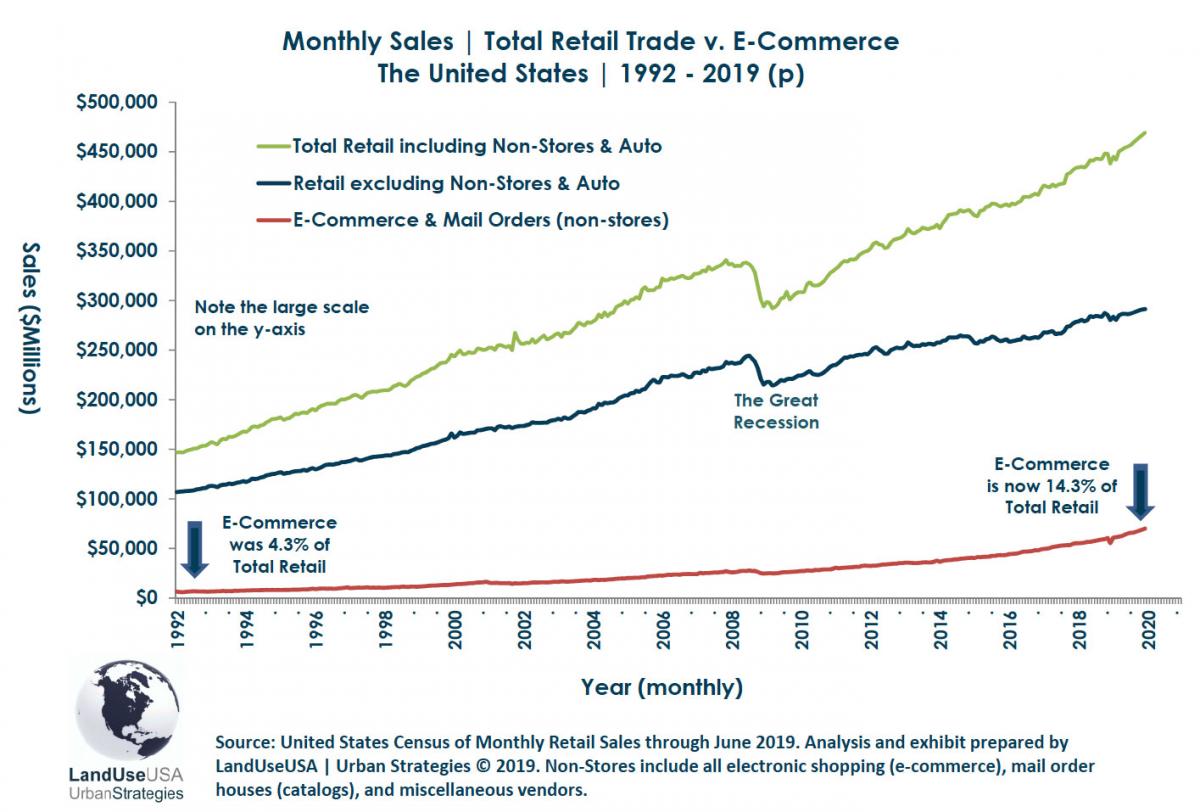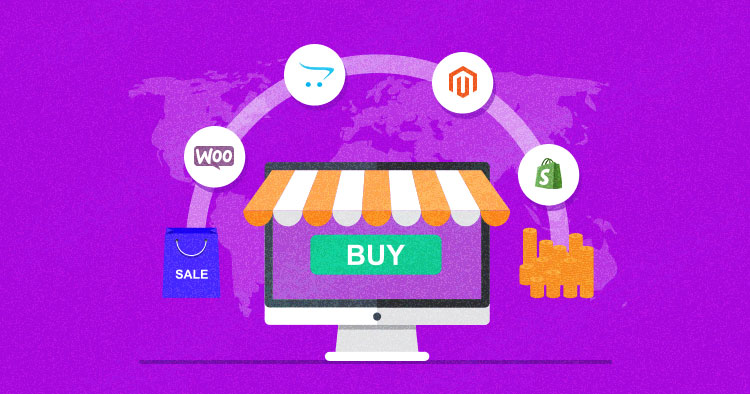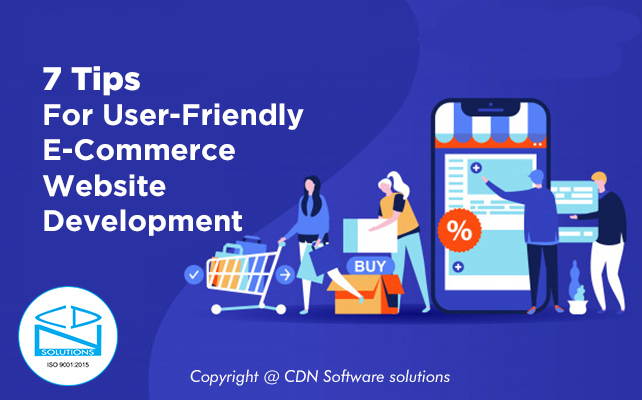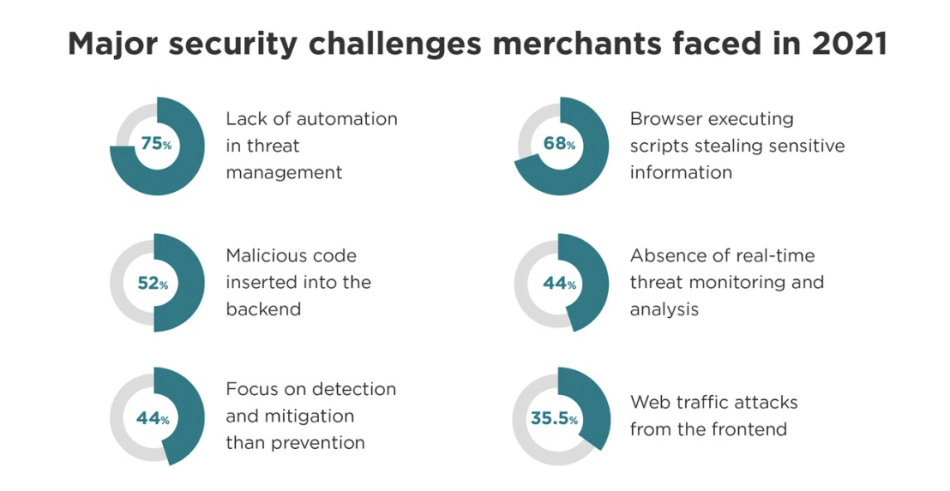e commerce day

For those involved in the world of online commerce, E-commerce Day is an event that holds great importance. It provides an opportunity for industry professionals and enthusiasts to come together and celebrate the achievements, challenges, and innovations in the e-commerce space.
What is E-commerce Day?
E-commerce Day is a dedicated day to recognize and honor the impact of electronic commerce on businesses and the global economy. It is a platform for celebrating the growth and success of online trading, showcasing trends and advancements, and fostering collaboration and knowledge sharing among industry experts.
The significance of E-commerce Day
E-commerce Day serves as a reminder of the transformative power of digital commerce. It highlights the increasing reliance on technology and online platforms for buying and selling goods and services. The day also emphasizes the need for businesses to adapt and embrace e-commerce as a vital component of their growth strategy. Additionally, E-commerce Day provides an opportunity to address challenges such as cybersecurity, consumer trust, and regulatory issues that affect the e-commerce ecosystem.
E-commerce Day encourages businesses to stay ahead of the curve, leverage emerging technologies, and adapt to changing consumer behaviors. By celebrating this day, companies can reflect on their e-commerce journey, network with like-minded individuals, gain insights from industry leaders, and explore new avenues for growth in the digital marketplace.
In conclusion, E-commerce Day is a significant event for the e-commerce community, offering a platform for recognition, inspiration, and collaboration. It serves as a reminder of the tremendous impact of online trading and the need for businesses to stay agile in the ever-evolving digital landscape.

The Evolution of E-commerce
From brick-and-mortar stores to online shopping
In today’s fast-paced world, it’s hard to imagine a time when shopping involved physically going to a store. With the advent of e-commerce, the landscape of retail has undergone a significant transformation. The convenience of online shopping has reshaped the way consumers make purchases, providing them with access to a wide variety of products and services right at their fingertips. From groceries to clothing, electronics to furniture, nearly everything can now be bought online, making traditional brick-and-mortar stores face stiff competition in the digital realm.
The rise of mobile commerce
With the proliferation of smartphones and the increasing popularity of mobile applications, mobile commerce, or m-commerce, has emerged as a major force in the e-commerce industry. Mobile devices have become the primary means through which consumers browse and make purchases online. From apps dedicated to specific brands or retailers to mobile payment options, the convenience and accessibility of m-commerce have revolutionized the way people shop. From ordering food to booking travel accommodations, the ability to conduct transactions on-the-go has made mobile commerce an integral part of the e-commerce ecosystem.
As technology continues to advance, the world of e-commerce is constantly evolving. The possibilities for online shopping and mobile commerce are virtually limitless, and businesses that adapt and embrace these changes will thrive in the digital age. So, whether you’re a consumer looking for convenience or a business seeking to expand your reach, e-commerce offers a world of opportunities.

Benefits of E-commerce
Convenience and accessibility
E-commerce has revolutionized the way businesses operate, offering immense convenience and accessibility to both businesses and customers. With the click of a button, customers can browse and purchase products or services from the comfort of their homes, saving them time and effort. Businesses can also operate 24/7, allowing customers to make purchases at their convenience, which enhances customer satisfaction and loyalty.
Wider product selection
One of the key advantages of e-commerce is the ability to offer a much wider range of products compared to traditional brick-and-mortar stores. Businesses can showcase an extensive inventory without physical space limitations. This not only gives customers more choices but also enables businesses to cater to niche markets and target specific customer preferences, resulting in increased sales and customer satisfaction.
Global reach and scalability
E-commerce transcends geographical boundaries, allowing businesses to reach customers around the world. This global reach opens up new market opportunities and potential customers, enabling businesses to expand their customer base and grow their sales. Additionally, e-commerce platforms provide scalability, allowing businesses to easily handle high volumes of traffic and orders, ensuring a seamless shopping experience for customers even during peak times.
By leveraging the benefits of e-commerce, businesses can tap into the immense potential of online selling and achieve growth and success in the digital age.

E-commerce Platforms and Technologies
With the rise of online shopping, understanding the world of e-commerce has become crucial for businesses. From choosing the right platform to ensuring secure transactions, here are some key points to consider.
Popular e-commerce platforms
When it comes to setting up an online store, there are several popular platforms to choose from. Some of the most widely used ones include Shopify, WooCommerce, Magento, and BigCommerce. Each platform has its own features and benefits, so it’s important to research and find the best fit for your business.
Payment gateways and secure transactions
To ensure a smooth and secure checkout process, it’s essential to integrate a reliable payment gateway. Options like PayPal, Stripe, and Authorize.Net provide secure payment processing and offer various options for customers to complete their transactions. Implementing SSL certificates and following best practices for data protection adds an extra layer of security.
E-commerce software solutions
E-commerce software solutions offer a range of features to help businesses manage their online stores effectively. From inventory management to customer relationship management (CRM), these solutions streamline operations and enhance the overall customer experience. Popular software solutions include Salesforce Commerce Cloud, WooCommerce, and Shopify Plus.
Whether you’re a small business starting out or a large enterprise expanding into the world of e-commerce, choosing the right platforms and technologies can make all the difference in the success of your online business.

E-commerce Marketing Strategies
Search engine optimization (SEO)
One of the most effective marketing strategies for e-commerce businesses is search engine optimization (SEO). By optimizing your website’s content, keywords, and meta tags, you can improve your search engine rankings and increase organic traffic to your site. This leads to higher visibility and more potential customers discovering your products or services.
Social media marketing
Social media marketing is essential for e-commerce businesses to connect with their target audience and drive sales. By creating engaging posts, running targeted advertisements, and leveraging influencers, you can reach a wider audience and build brand awareness. Social media platforms like Facebook, Instagram, and Twitter also offer e-commerce features, such as product tagging and shopping integrations, to facilitate seamless transactions directly on these platforms.
Email marketing and automation
Email marketing and automation is a powerful tool for e-commerce businesses to nurture customer relationships and drive repeat purchases. By building an email list and sending personalized emails, you can promote new products, send exclusive discounts, and provide valuable content. Automated email campaigns, such as abandoned cart reminders and post-purchase follow-ups, help streamline customer communication and increase conversions.
These three e-commerce marketing strategies are crucial for businesses looking to succeed in the competitive online marketplace. By implementing these strategies effectively, you can drive traffic, build brand loyalty, and ultimately increase sales.

Customer Experience in E-commerce
User-friendly website design
When it comes to e-commerce, the customer experience begins with the website. A user-friendly design is key to attracting and retaining customers. A well-organized and intuitive layout, easy navigation, and clear product descriptions contribute to a positive experience. Additionally, having a responsive design that works well on different devices ensures that customers can shop comfortably no matter where they are.
Personalization and customization
In the world of e-commerce, personalization is the name of the game. Customers appreciate a personalized shopping experience tailored to their preferences. This can include personalized product recommendations based on their browsing history, targeted email marketing campaigns, and customized offers and discounts. By showing that you understand their needs and preferences, you can create a loyal customer base.
Efficient order fulfillment and shipping
Efficiency is crucial when it comes to order fulfillment and shipping. Customers expect their orders to be processed quickly and delivered on time. Offering various shipping options and providing real-time tracking information can help build trust and satisfaction. Additionally, a smooth returns process is essential in case customers need to make a return or exchange. By prioritizing efficient order fulfillment and shipping, you can enhance the overall customer experience and encourage repeat business.
Remember, in the world of e-commerce, customer experience is everything. By focusing on user-friendly website design, personalization, and efficient order fulfillment and shipping, you can create a seamless and enjoyable shopping journey for your customers.

E-commerce Challenges and Solutions
Cybersecurity and data protection
In a world where online transactions are becoming increasingly common, cybersecurity and data protection are crucial concerns for e-commerce businesses. Safeguarding customer information and protecting it from cyber threats should be a top priority. Implementing robust security measures, using encrypted payment gateways, regularly updating software, and educating employees about phishing and hacking techniques are effective solutions to ensure data safety.
Competition and pricing strategies
The e-commerce industry is highly competitive, with numerous businesses vying for customer attention. To stay ahead, e-commerce businesses need to develop effective pricing strategies and differentiate their products or services. Conducting market research, analyzing competitors’ pricing, offering unique value propositions, and providing exceptional customer service are key solutions to stand out in this competitive landscape.
Inventory management and logistics
Managing inventory and ensuring smooth logistics operations are essential to meet customer expectations. E-commerce businesses face challenges such as stockouts, inaccurate inventory data, and delayed deliveries. Implementing inventory management systems, using automated processes, partnering with reliable logistics providers, and optimizing order fulfillment can help overcome these challenges and provide a seamless customer experience.
By addressing these key challenges, e-commerce businesses can enhance customer trust, improve operational efficiency, and achieve long-term success in the rapidly evolving digital marketplace.
E-commerce Day is an annual event that celebrates the growth and impact of e-commerce around the world. It is typically held on September 26th, but some countries may hold it on different dates.
E-commerce Day was first celebrated in Argentina in 2014. It has since grown to become a global event, with events held in countries all over the world.
The purpose of E-commerce Day is to promote e-commerce and to raise awareness of the benefits of e-commerce for both businesses and consumers. It is also a day to celebrate the success of the e-commerce industry and to recognize the contributions of e-commerce entrepreneurs and businesses.
E-commerce Day events typically include a variety of activities, such as conferences, workshops, networking events, and special promotions. These events provide an opportunity for businesses to learn about the latest trends and technologies in e-commerce, to connect with potential customers and partners, and to promote their products and services.
E-commerce Day is an important event for the e-commerce industry. It is a day to celebrate the success of the industry and to look forward to the future of e-commerce.
Here are some ways to celebrate E-commerce Day:
- Shop online: One of the best ways to celebrate E-commerce Day is to shop online. Support your favorite e-commerce businesses and take advantage of any special promotions that they may be offering.
- Learn about e-commerce: There are a number of ways to learn about e-commerce. You can read blog posts, watch videos, or take online courses. You can also attend e-commerce conferences and workshops.
- Promote e-commerce: If you have a business, you can promote e-commerce by offering special discounts or promotions on E-commerce Day. You can also share information about e-commerce on social media and in your marketing materials.
E-commerce Day is a great opportunity to celebrate the growth and impact of e-commerce. By participating in E-commerce Day events and promotions, you can help to support the e-commerce industry and to raise awareness of the benefits of e-commerce.
